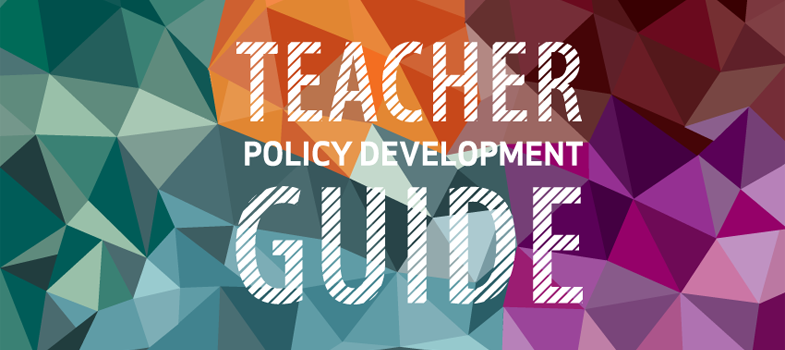Continuing professional development (CPD)
Teacher educators should have access to and responsibility for undertaking ongoing professional development linked to agreed teacher educator standards (UNESCO, 2014a: 246–247). They should also undergo regular appraisals, linked to these standards and to their CPD plans. A policy may include formal requirements for CPD, or create incentives, mechanisms and favourable conditions to stimulate professional learning, including self-directed CPD.
Professional communities and associations of teacher educators help to develop and reinforce the professional identity of teacher educators: this needs to be developed from within the professional community and cannot be implemented only by policy measures (European Commission, 2013: 31). Such professional communities may be formal professional organizations, able to represent their members in dialogue with external stakeholders such as unions, associations of individual members or professional associations with a regulatory function. Alternatively, they may be informal communities and networks of teacher educator professional.
Not only do teacher educators play a vital role in fostering, maintaining and improving high-quality teaching and learning, they are ideally placed to contribute to the formulation of education and teacher policy. Yet teacher educators and their representatives are too often neglected when policy is being developed, meaning that policies do not benefit from or reflect their knowledge and experience (European Commission, 2013: 29). Teacher educators and their representatives should be key players in the development and implementation of teacher policy in general and policies related to their own profession in particular (Darling-Hammond, 2006: 3, 13).
Induction
